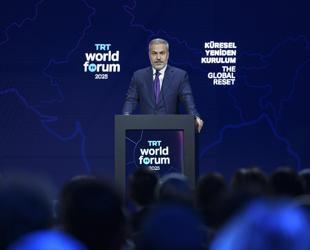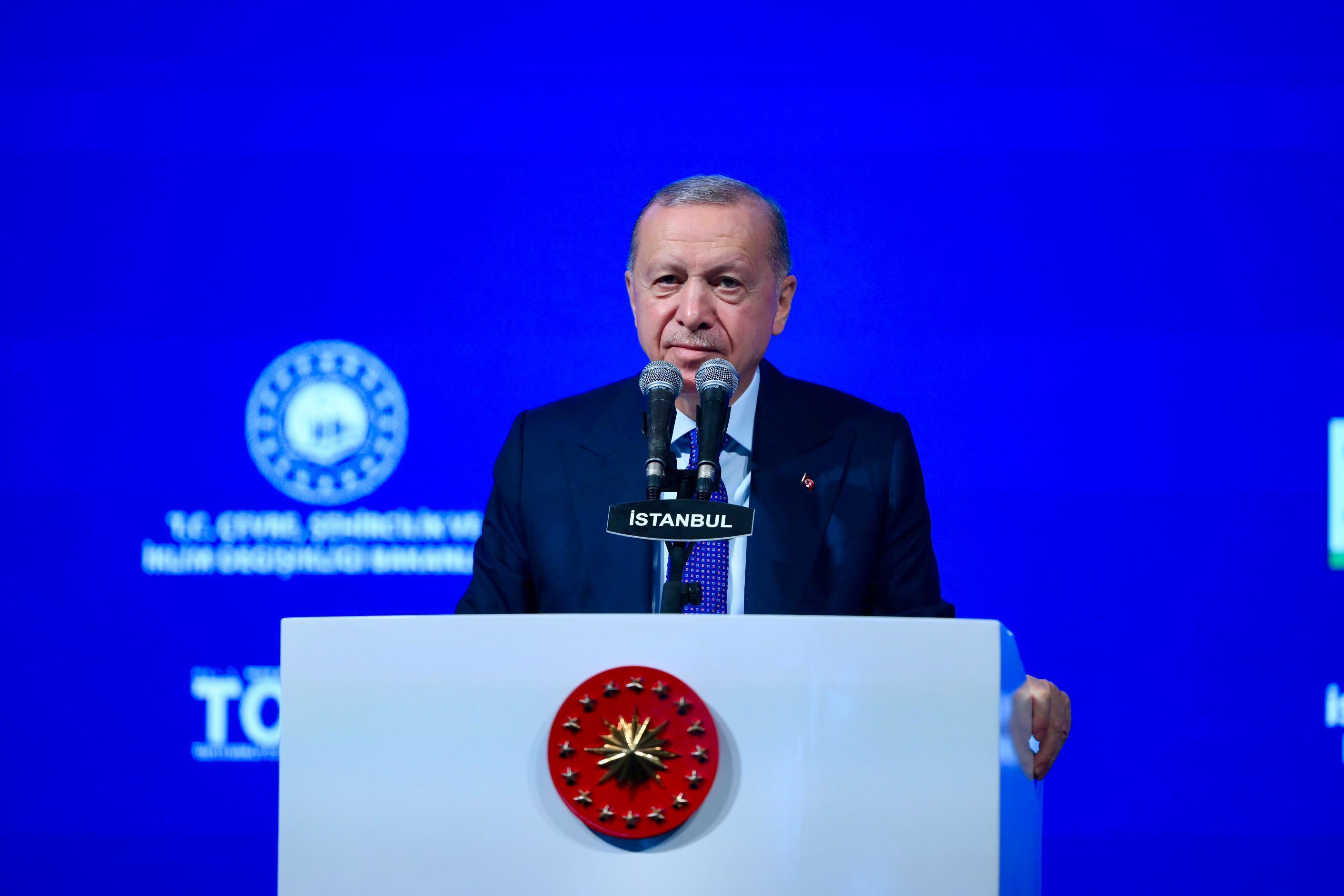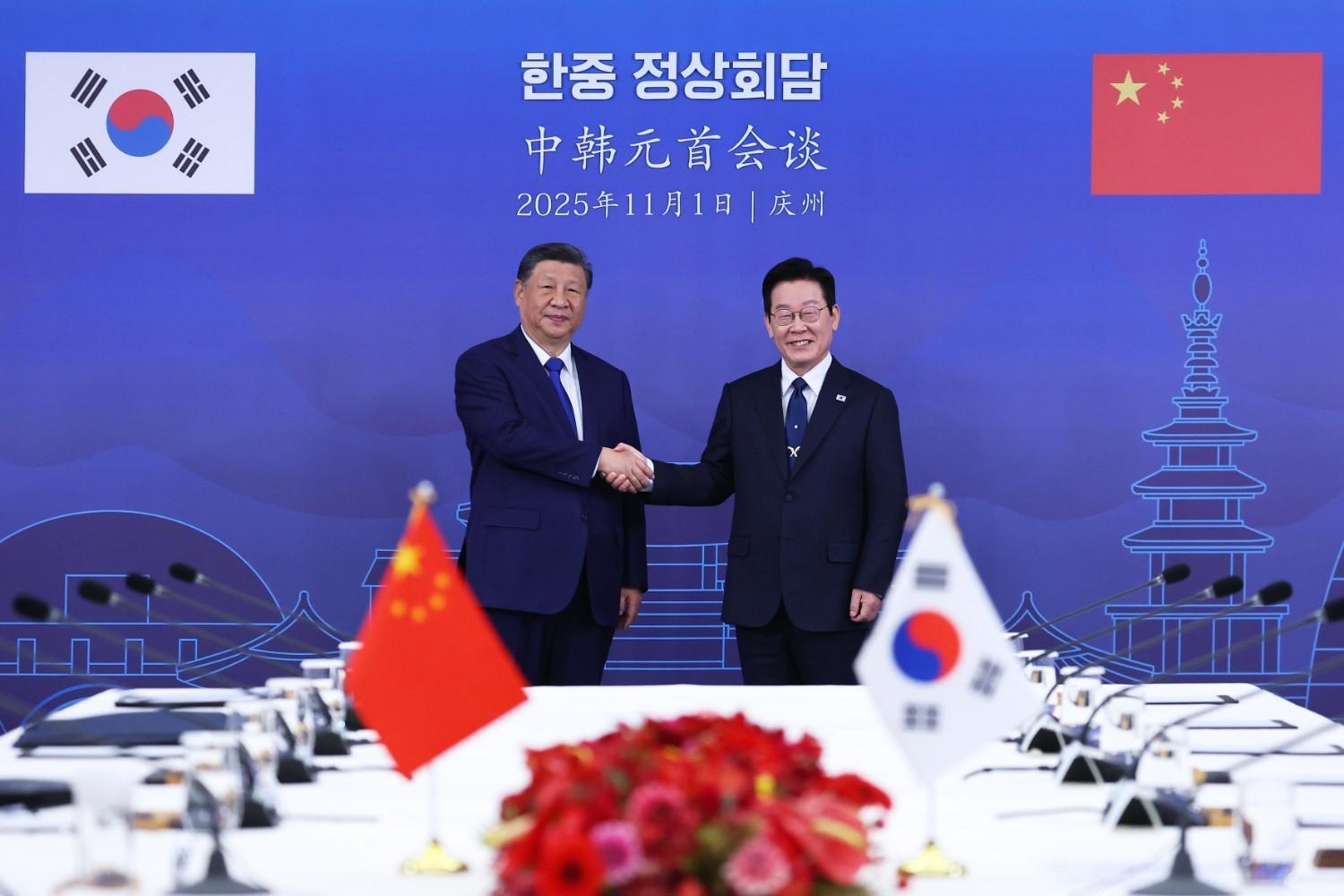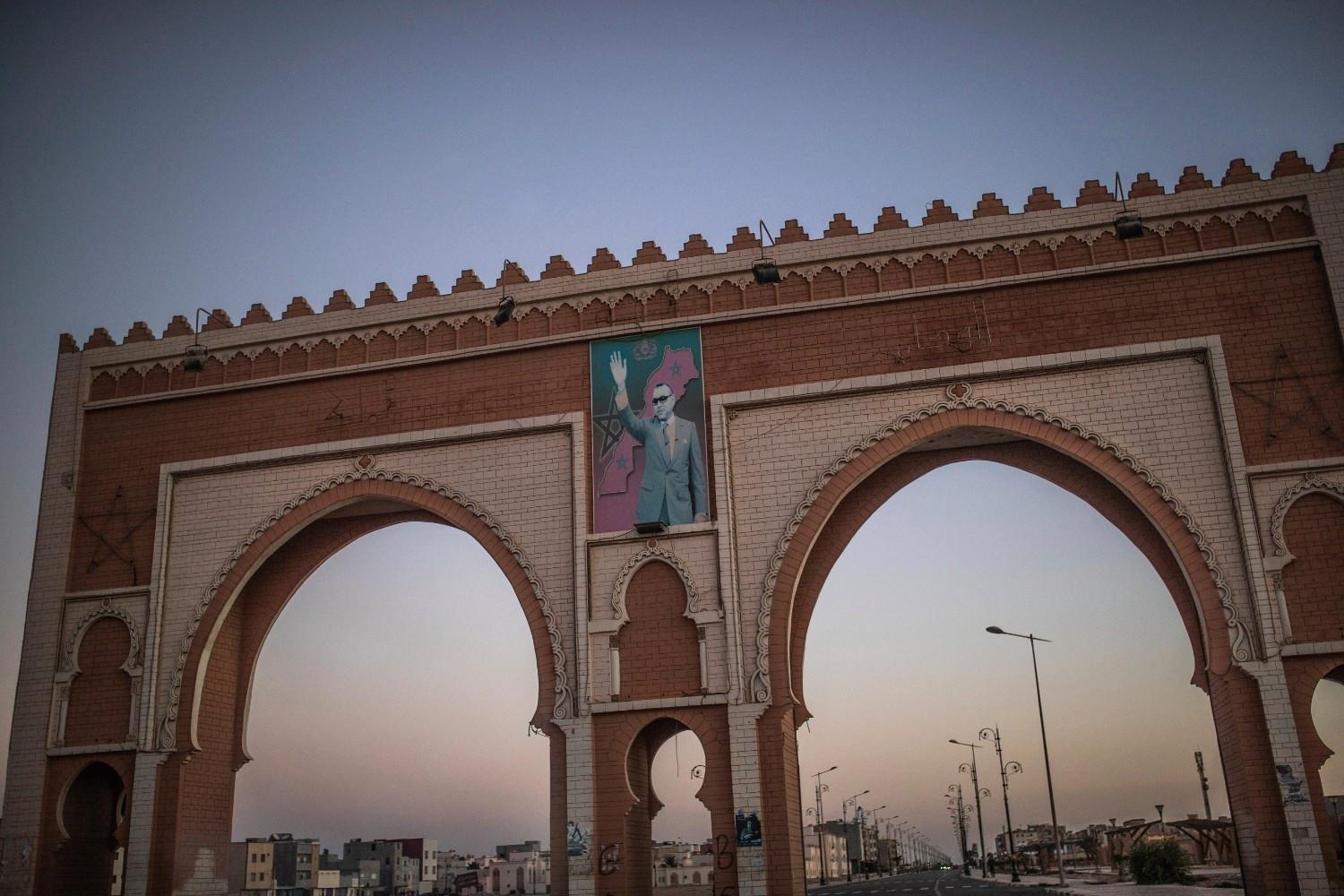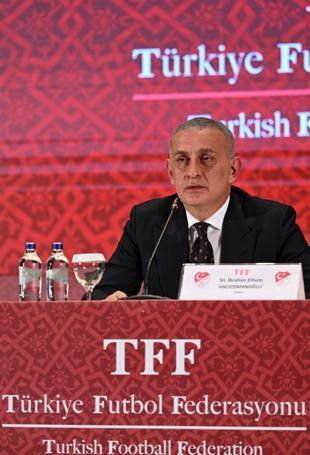US seeks Turkish role in Gaza force despite Israeli objection: Reports
WASHINGTON
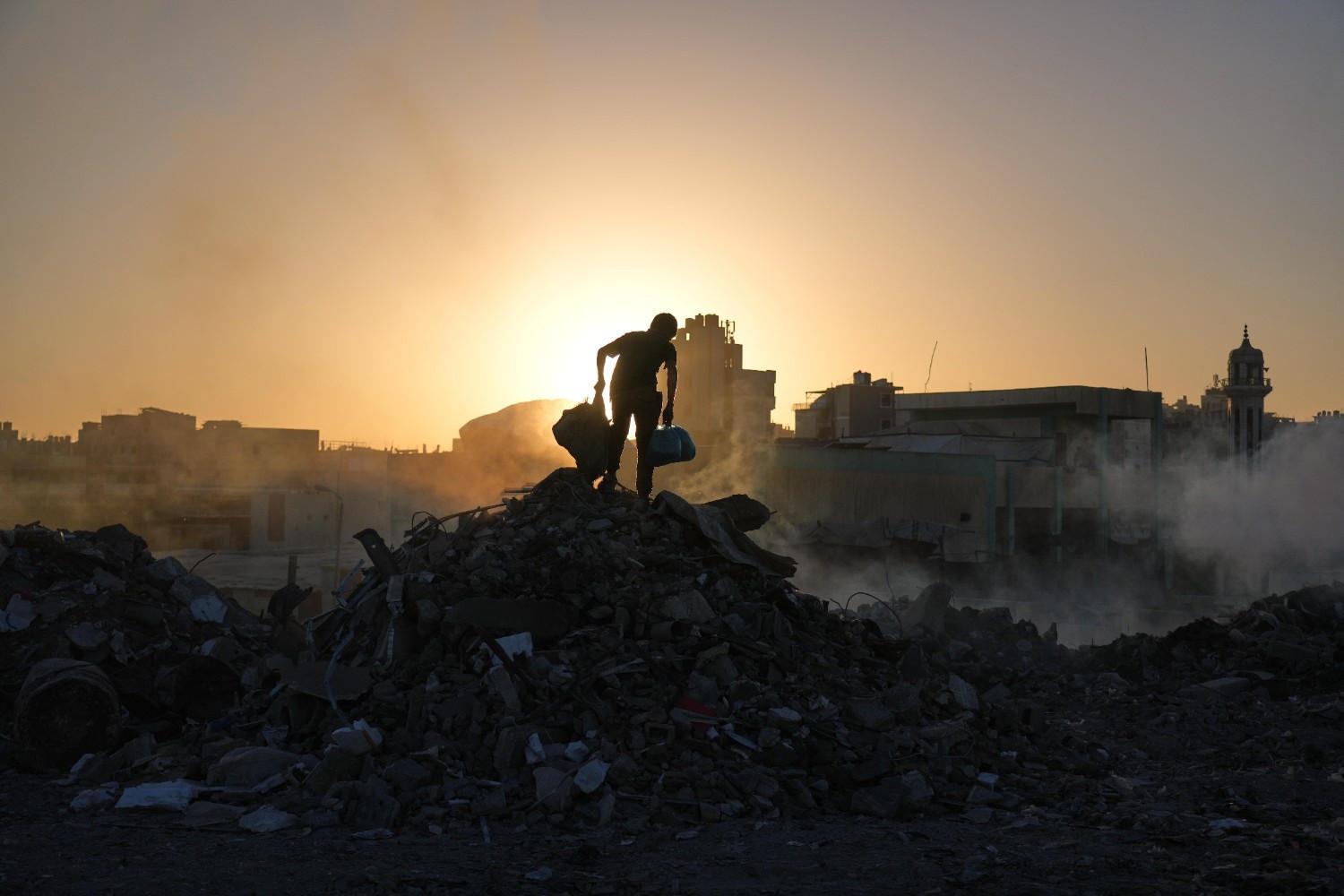
The United States is pressing for Türkiye to take part in a planned multinational security mission in Gaza, even as Israel strongly opposes any Turkish military presence, several U.S. and Israeli media reports have said.
Washington believes Türkiye — alongside Egypt and Qatar — is among the few actors capable of influencing Hamas to accept the deployment and comply with a post-war security framework, reports said, citing security sources.
Speaking to Axios, a U.S. official praised Türkiye’s role in securing the recent Gaza agreement and described Israeli Prime Minister Benjamin Netanyahu’s criticism of Ankara as “very counterproductive.”
The proposed International Stabilization Force (ISF) is being drafted by U.S. Central Command as part of President Donald Trump’s 20-point peace initiative aimed at preventing a renewed war in Gaza, according to reports.
The plan envisions a phased deployment consisting of a newly trained Palestinian police force and military units from Arab and Muslim countries.
Türkiye, Egypt and Indonesia earlier expressed readiness to contribute troops, while other governments remain hesitant due to the volatile security situation.
Azerbaijan reportedly said it is considering contributing but insists the mission would require a clear mandate and U.N. approval.
Under the plan, Israel would continue withdrawing from the roughly half of Gaza it still controls once the ISF is in place. The force would secure Gaza’s borders with Israel and Egypt and work to prevent weapons smuggling.
U.S. officials also said a U.N. Security Council resolution to provide international authorization is being negotiated, though they stress the ISF will not function as a U.N. peacekeeping mission. Washington intends to retain oversight, the reports said.
Securing Israeli support has emerged as a central challenge. Israeli officials have warned that Hamas is unlikely to surrender authority or disarm voluntarily, arguing that Israel could be forced to resume military operations regardless of the ISF.
During recent talks, U.S. envoys presented their vision for the force, while Israeli officers emphasized that its legitimacy among Palestinians and its willingness to confront hostile groups are more important than its size.
Efforts now focus on persuading Hamas to accept the ISF. Mediators from Egypt, Qatar and Türkiye have indicated that the group may agree to the mission if it is not perceived as an occupying force and if its fighters are granted amnesty, the reports noted.
The U.S. officials said that, in such a scenario, the force would focus on enforcing the ceasefire and protecting reconstruction efforts rather than engaging Hamas directly. If Hamas refuses, advisers suggest the mission could first deploy in southern Gaza, where Hamas is less dominant, to create a safe zone.
Washington has also approached countries in East Asia, Europe and South America to broaden participation.

